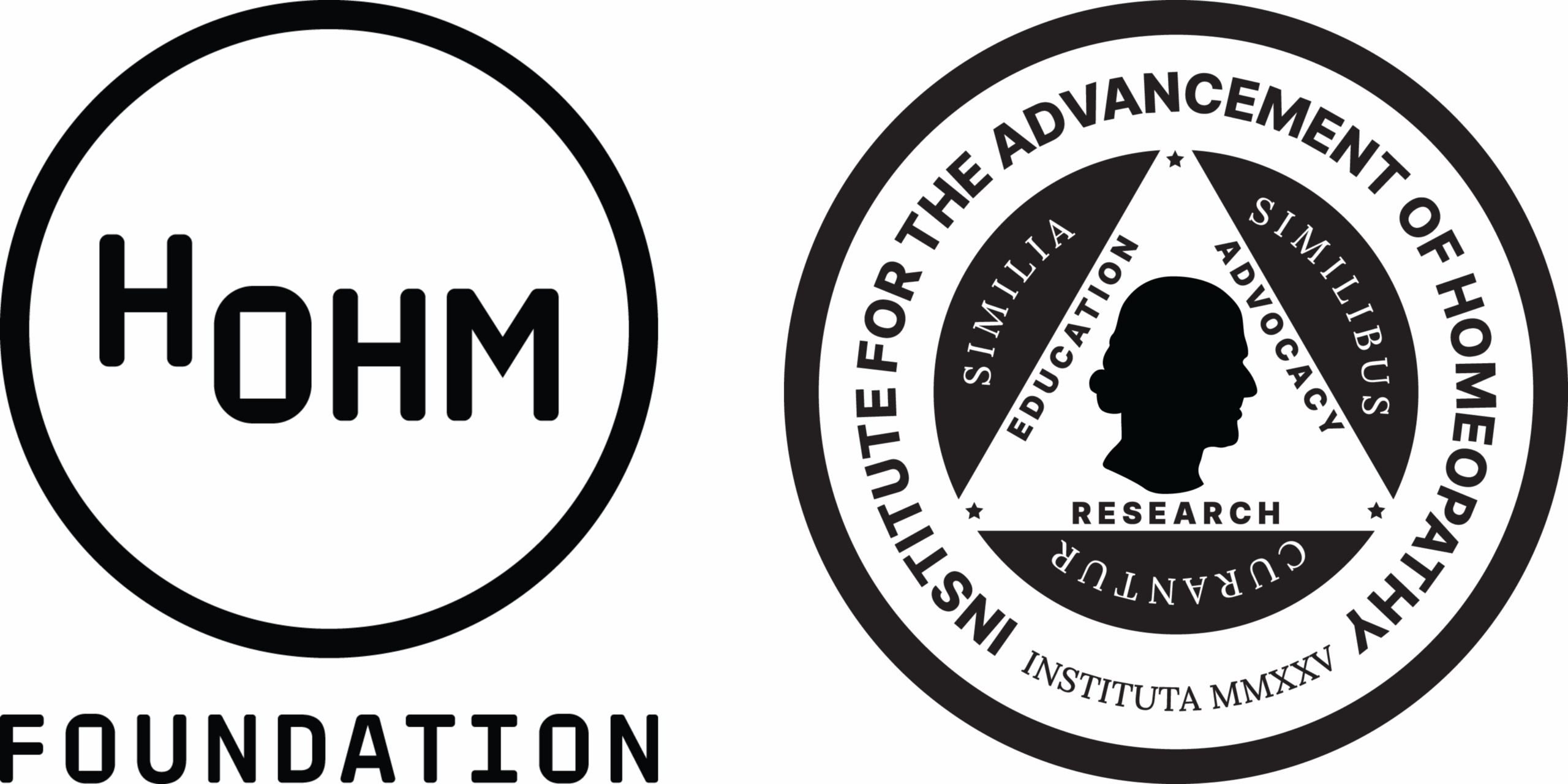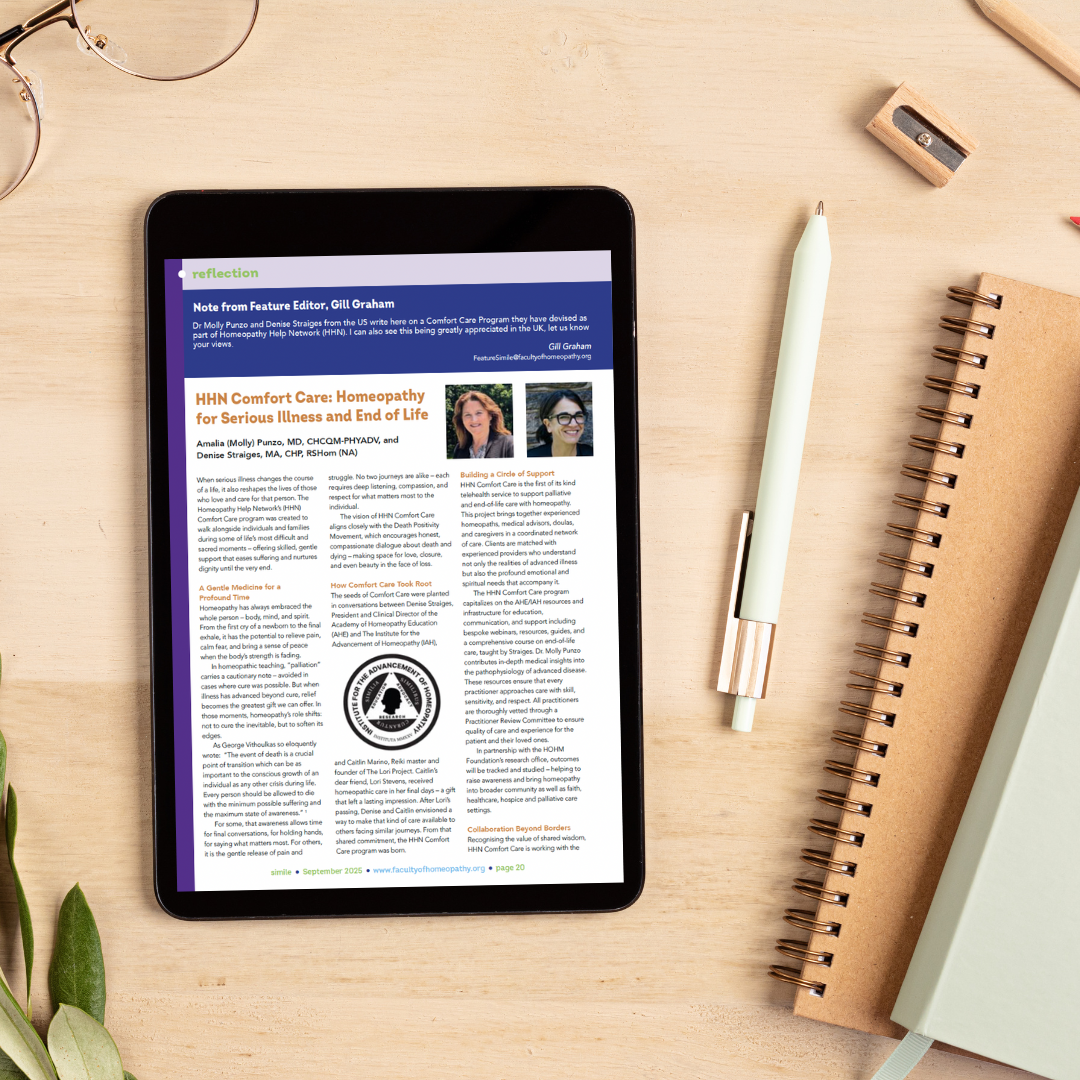

New Publication: Who Uses Homeopathy?
A recent study spearheaded by the HOHM Foundation's Office of Research provides fascinating insights into who uses homeopathy, why they choose it, and what conditions they seek to address.
Homeopathy continues to grow as a preferred alternative for addressing health concerns, but understanding its users has remained a challenge—until now. “The Use, Profile, Uptake, Characteristics and Attributes of Users of Homeopathy: Initial Findings from a Student Teaching Tele-Healthcare Clinic Based in North America,” published in OBM Integrative and Complementary Medicine, represents a significant step forward for homeopathy. Traditionally underrepresented in broader complementary medicine research, this publication brings homeopathy into the larger conversation about integrative healthcare.
HOHM Research Director, Alastair Gray discusses the findings:
What the Study Explored
Using intake forms from clients at HHN (Homeopathy Help Now), the research team conducted an in-depth statistical analysis to uncover:
- Who uses homeopathy: Client demographics, including age, gender, and education levels.
- Why they seek homeopathy: Psychological challenges (e.g., anxiety, depression, ADHD), skin conditions, digestive issues, and musculoskeletal issues were among the top concerns.
- Prior exposure: Surprisingly, 50% of clients had never consulted a professional homeopath before but were using homeopathy to treat chronic conditions.
- Push and pull factors: A unique divide emerged—half of the clients sought homeopathy as an alternative to conventional medicine, while the other half used it as a complementary therapy.
Key Findings and Discussion Points
- Demographics Matter: The study revealed a unique user profile for homeopathy. Unlike other complementary medicine practices like acupuncture or naturopathy, the HHN clinic serves a diverse audience, including a higher proportion of children and individuals with varied education levels.
- The Rise of Self-Treatment: Many clients had been using homeopathy for chronic conditions without professional guidance. This highlights a gap in accessibility and awareness, raising concerns about the potential risks of self-treatment.
- Complementary vs. Alternative: Interestingly, while most complementary medicine users integrate therapies with conventional treatments, clients in this study showed a stark divide. Half viewed it as an alternative, avoiding conventional medicine altogether. This distinction opens up new conversations about homeopathy’s role in healthcare.
What’s Next?
This study marks a starting point. While the data is specific to HHN’s clinic, the findings call for broader collaboration. To truly understand the global landscape of homeopathy use, more research is needed. HOHM Foundation invites practitioners worldwide to contribute their de-identified intake forms to expand the scope of this work through the Practitioner-Generated Research Network (PGRN).
Join the Conversation
This research highlights critical issues: Who uses homeopathy? Why do they seek it? And how can we support them better? By building on this foundation, we can drive meaningful change in how homeopathy is perceived and utilized.
Interested in contributing to this groundbreaking effort? We invite you to sign up for our newsletter for updates and join the Practitioner Generated Research Network (PGRN). Let’s work together to shape the future of homeopathy research.








